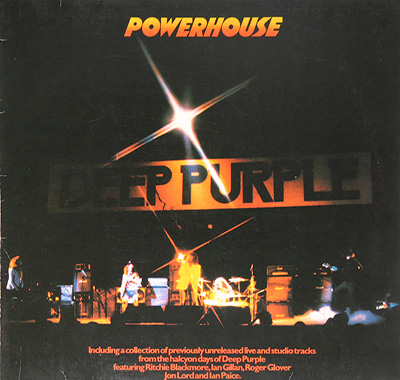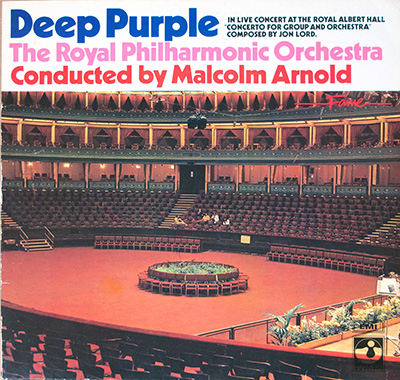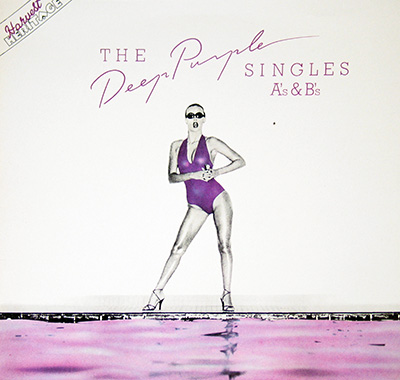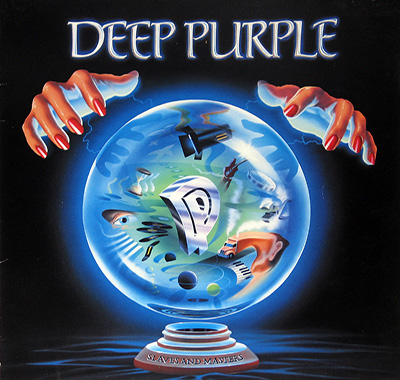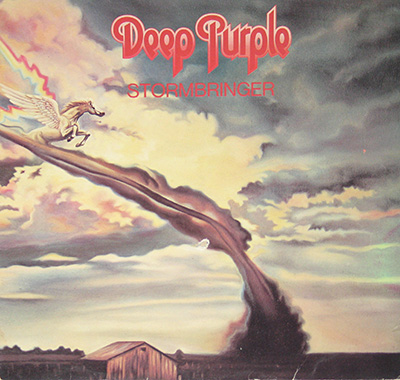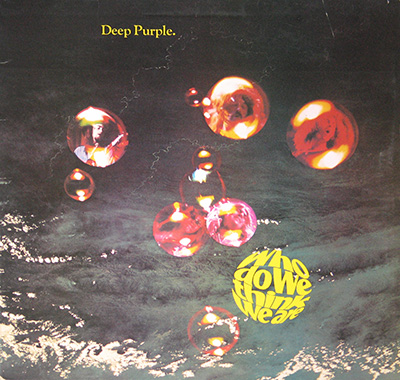Album Description:
Deep Purple, one of the pioneers of hard rock and heavy metal, cemented their status as a powerhouse band with their iconic live album, "Made in Europe". Originally released in Germany as a 12" vinyl LP album in 1976, this record captures the electrifying energy and raw talent of the band during their performances in Austria, Germany, and France in April 1975.
The packaging of "Made in Europe" is presented in a Gatefold/FOC (Fold Open Cover) Album Cover Design, a classic format that adds a touch of elegance to the album. The artwork sets the tone for the music within, inviting listeners to delve into the live experience captured on the record.
Recorded live with the renowned "Rolling Stones" Mobile Truck, the album showcases Deep Purple at the height of their musical prowess. The band's lineup at the time consisted of Ian Gillan on vocals, Ritchie Blackmore on guitar, Jon Lord on keyboards, Roger Glover on bass, and Ian Paice on drums. This formidable lineup delivered an unforgettable performance that night.
The engineering of "Made in Europe" was handled by Mick Mckenna, Tapani, and the esteemed Martin Birch. Birch, who had previously worked with bands like Black Sabbath and Rainbow, brought his expertise to the mixing process, ensuring that the album captured the essence of Deep Purple's live sound. The result is a dynamic and powerful mix that brings the listener as close as possible to the experience of being in the audience.
The album was mixed by Ian Paice, the band's talented drummer, alongside Martin Birch. Their collaboration ensured that each instrument was given its due attention, creating a balanced and immersive listening experience. The mix allows the listener to appreciate the virtuosity of each band member and the chemistry that made Deep Purple one of the most influential rock bands of all time.
"Made in Europe" was originally released in 1976, showcasing the band's performances from the previous year. The record captures the essence of Deep Purple's live shows during this period, providing a snapshot of their stage presence and the connection they had with their audience.
Although the album was made in Germany, its appeal extends far beyond national boundaries. Deep Purple's music transcended borders and language barriers, making them a global phenomenon. "Made in Europe" serves as a testament to their international appeal and showcases their ability to captivate audiences around the world.
With its release in 1976, "Made in Europe" added another milestone to Deep Purple's discography. The album exemplifies the band's dedication to delivering powerful and memorable live performances, showcasing their improvisational skills and the raw energy that made them a force to be reckoned with on stage.
"Made in Europe" stands as a testament to Deep Purple's legacy and their impact on the world of rock music. The album's live recordings immortalize a band in their prime, allowing fans to relive the magic of Deep Purple's live shows and introducing new listeners to their exceptional musicianship.
Whether you're a die-hard Deep Purple fan or a casual listener looking to explore their live sound, "Made in Europe" offers an enthralling musical journey. From the blistering guitar solos of Ritchie Blackmore to the powerful vocals of Ian Gillan, this album encapsulates the essence of Deep Purple's live performances and solidifies their status as rock legends.
|
Music Genre:
English Hard Rock , Early Heavy Metal, Prog Rock |
|
Collector's info:
Gatefold/FOC (Fold Open Cover) Album Cover Design. |
|
Album Production Information: Deep Purple Recorded live on 4th April 1975 in Graz, Austria, on 5th April 1975 in Saarbrücken, Germany, and on 7th April 1975 in Paris with the "Rolling Stones" Mobile Truck.
Engineered by Mick Mckenna, Tapani and Martin Birch
Martin Birch – Producer, Sound Engineer
I first noticed Martin Birch on those early Iron Maiden sleeves—the ones with the typography that felt like a threat. At twelve, I didn’t care about "production value"; I just liked that the guitars didn't sound like mud. He was the man behind the sound mixer, the one who made the snare snap like a dry branch in a cold forest. He was "The Headmaster," and we were all just students of his high-voltage curriculum.
Read more...
Birch didn’t just record noise; he organized aggression. By 1972, he was already wrangling the messy brilliance of Deep Purple’s Machine Head, turning Ian Gillan’s banshee wails into something that didn't just clip the tape but lived inside it. In 1980, he pulled off the ultimate renovation, giving Black Sabbath a much-needed shower and a new spine. Heaven and Hell shouldn't have worked, but Martin polished that Birmingham sludge into something operatic and gleaming. It was a pivot that felt like fate, mostly because he refused to let the mid-range get lazy.
Then came the long, obsessive stretch with Iron Maiden from 1981 to 1992. It was a twelve-year marriage to the fader. From the moment Killers (EMC 3357, for those who care) hit the shelves, the sound was physical. He knew how to let Steve Harris’s bass clatter like a machine gun without drowning out the melody—a sonic miracle that still feels fresh. You can almost smell the ozone and the dust on the Marshall stacks when the needle drops on The Number of the Beast. He stayed until Fear of the Dark, then simply walked away. No victory lap, no bloated memoir. He preferred the hum of the desk to the noise of the crowd, leaving us with nothing but the records and a slight sense of abandonment. But then, when you’ve already captured lightning on tape for twenty years, why bother hanging around for the rain?
.
Mixed by Ian Paice and Martin Birch.
Ian Paice – DrumsThe human engine room of Deep Purple: swing, snap, and zero wasted motion. Read more... Ian Paice, the drummer who turned Deep Purple's thunder into clockwork groove, never flashy, always lethal. From Maze in the mid-60s he joined Deep Purple in 1968, anchoring every era: the Mark I-IV years (1968-1976) and the long-haul return (1984-present). After the split I followed him through Paice Ashton Lord (1976-1978), Whitesnake (1979-1982), and Gary Moore's early-80s line-ups and sessions (1982-1984). He's the only Purple member to play on every studio album, and you can tell why: his swing sits inside the backbeat, pushing the band forward without rushing. Listen for the tight hi-hat chatter, snare cracks like a starter pistol, and fills that sing without stepping on the riff.
|
|
Record Label & Catalognr: Purple Records 1C 062-98 181 ( 062-98181 ) |
|
Media Format: 12" Vinyl LP Gramophone Record
Album weight: 270 gram |
|
Year & Country:
1976 Made in Germany |
Band Members and Musicians on: Deep Purple Made in Europe
|
Band-members, Musicians and Performers Band/Musicians
- Ritchie Blackmore lead guitar
- Ritchie Blackmore – Guitarist, Songwriter
The guy who made the guitar sound both medieval and radioactive, often in the same solo.
Read more...
Ritchie Blackmore is the sort of name I see on a sleeve and instantly expect sparks: born Richard Hugh Blackmore (1945), he’s an English guitarist who helped hard-rock riffing grow teeth and then politely refused to stop. His era-stamps are basically whole chapters of rock history: Deep Purple (1968–1975, 1984–1993), where the riffs got louder, sharper, and more dramatic; Rainbow (1975–1984, 1993–1997), where he leaned into melody and fantasy like it was a weapon; and Blackmore’s Night (1997–present), where the electric storm calms down into Renaissance-folk textures without losing that unmistakable Blackmore touch. I love that arc: from amp-stacks and arena thunder to lutes-and-candles vibes, like he just swapped dragons for different dragons.
"Blackmore Signature Strats"
I’ve spent too many nights chasing that Blackmore chime. Fender’s Artist Series Strat is a love letter to his ‘70s obsession—Olympic White with a graduated scalloped rosewood board that makes your fingers feel like they’re floating. The electronics are pure Ritchie logic: two Seymour Duncan Quarter Pounds for the bite and a dummy middle pickup. It’s a prop, a plastic decoy for us mortals. Then there’s the Fender Japan ST72-145RB. MIJ builds have a surgical precision, keeping the ‘72 vibe alive for the obsessive collector. We hunt these like lost relics, justifying the cost because a standard neck feels one-dimensional by comparison. It’s a specialized tool for a very specific kind of madness. But then, isn't that the whole point?
- David Coverdale vocals
- David Coverdale – Vocals
My shelves have plenty of loudmouths, but few singers can swing from blues grit to arena-sized drama as naturally as Coverdale.
Read more...
David Coverdale, the kind of frontman who makes a chorus feel like a marching order, first sharpened his pipes in local outfits like Vintage 67 (1966–1968), The Government (1968–1972), and the Fabulosa Brothers (1972–1973) before stepping into the big-league furnace as Deep Purple’s lead singer (1973–1976). After Purple imploded, the story didn’t get smaller—it got craftier: two solo moves (1977–1978) to keep the blues-blood flowing, then the real flag-plant with Whitesnake (founded 1978), where that husky, soul-soaked roar turned into a signature brand of hard rock theatre. Later, during Whitesnake’s early-90s break, the plot swerved into supergroup territory with Coverdale•Page (1990–1993), proving he could still pick a fresh fight with the gods of volume without losing his melodic nerve.
- Glenn Hughes bass guitar and vocals
-
Glenn Hughes – Vocals, Bass
Known as “The Voice of Rock” for his powerful, soul-drenched vocals and melodic bass style.
Read more...
Glenn Hughes is one of those voices I recognize within seconds, whether he is singing, playing bass, or doing both at full throttle. I first place him in the late 1960s with Trapeze (1969–1972), where his mix of hard rock, funk, and soul already sounded fearless and fully formed. His defining chapter arrived when he joined Deep Purple during the Mark III and Mark IV years (1973–1976), co-writing and sharing lead vocals on albums like Burn and Stormbringer, permanently reshaping the band’s sound with elastic bass lines and a distinctly soulful edge. After Deep Purple, he moved through a turbulent but creative solo period in the late 1970s and 1980s, before resurfacing strongly in the 1990s with projects including Black Sabbath (1986), Gary Moore’s band (1991–1992), Hughes/Thrall, and later Black Country Communion (2009–2018). Across decades, styles, and line-ups, Hughes remains a restless, genre-blurring force who never learned how to play it safe.
- Jon Lord hammond organ and keyboards
- Jon Lord – Keyboards
On my best days, that Hammond roar still sounds like cathedral pipes hijacked by a Marshall stack—and Jon Lord is the reason.
Read more...
Jon Lord, British keyboardist, composer, and co-founder of Deep Purple, never played “background” the way polite musicians do—he attacked the keys like they owed him money, then turned around and wrote with the discipline of a trained composer. The story starts in the R&B trenches with The Artwoods (1964–1967), then detonates when he helps launch Deep Purple (1968–1976; 1984–2002), where that distorted Hammond became a lead instrument with teeth. After Purple’s first collapse, the road briefly rerouted through Paice Ashton Lord (1976–1978), and then straight into David Coverdale’s orbit with Whitesnake (1978–1984), adding class, weight, and that unmistakable “burning organ” halo to bluesy hard rock. Underneath all the volume, the man kept one foot in the concert hall—because some people can shred and still hear the orchestra in their heads.
- Ian Paice drums
- Ian Paice – Drums
The human engine room of Deep Purple: swing, snap, and zero wasted motion. Read more... Ian Paice, the drummer who turned Deep Purple's thunder into clockwork groove, never flashy, always lethal. From Maze in the mid-60s he joined Deep Purple in 1968, anchoring every era: the Mark I-IV years (1968-1976) and the long-haul return (1984-present). After the split I followed him through Paice Ashton Lord (1976-1978), Whitesnake (1979-1982), and Gary Moore's early-80s line-ups and sessions (1982-1984). He's the only Purple member to play on every studio album, and you can tell why: his swing sits inside the backbeat, pushing the band forward without rushing. Listen for the tight hi-hat chatter, snare cracks like a starter pistol, and fills that sing without stepping on the riff.
|
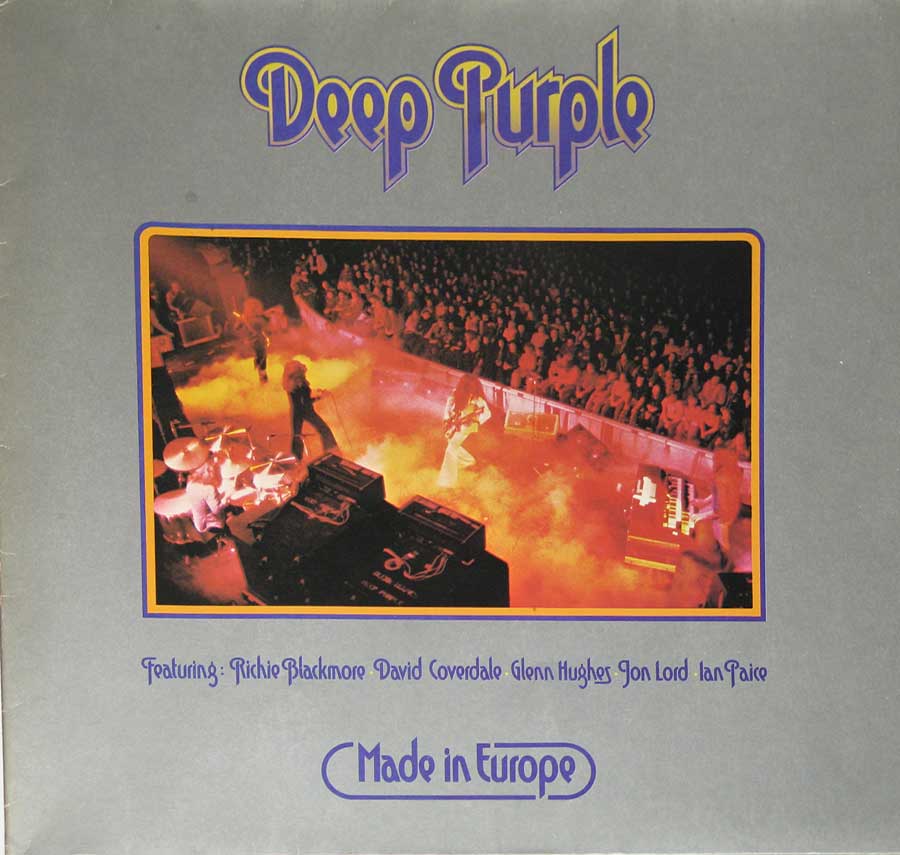
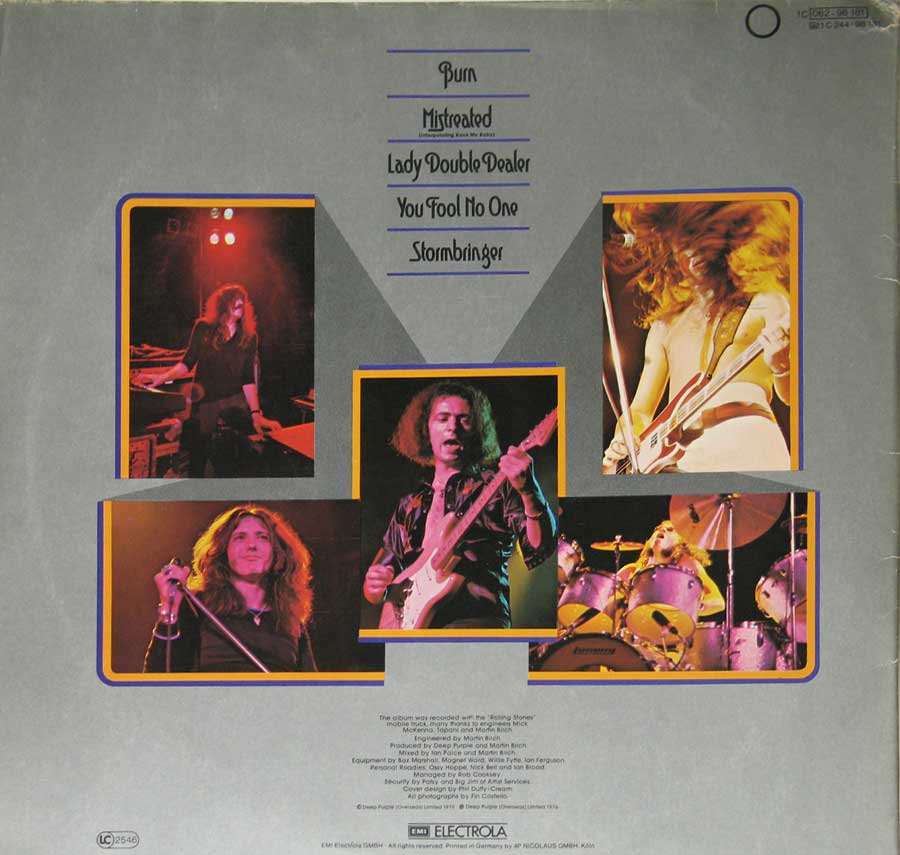
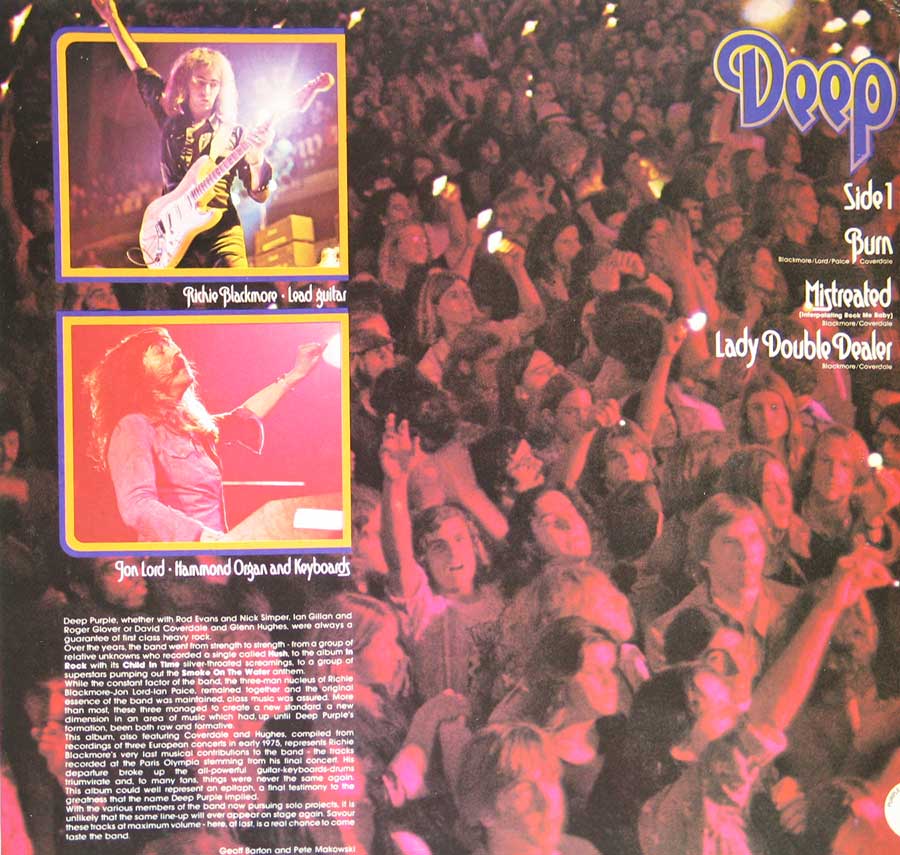
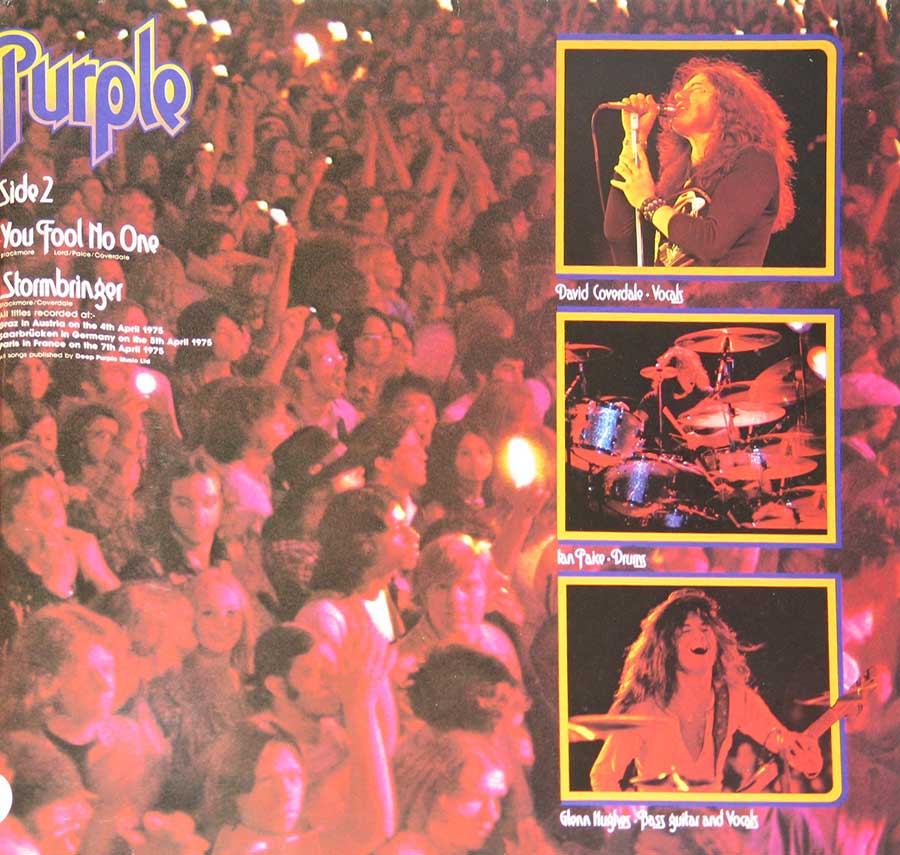
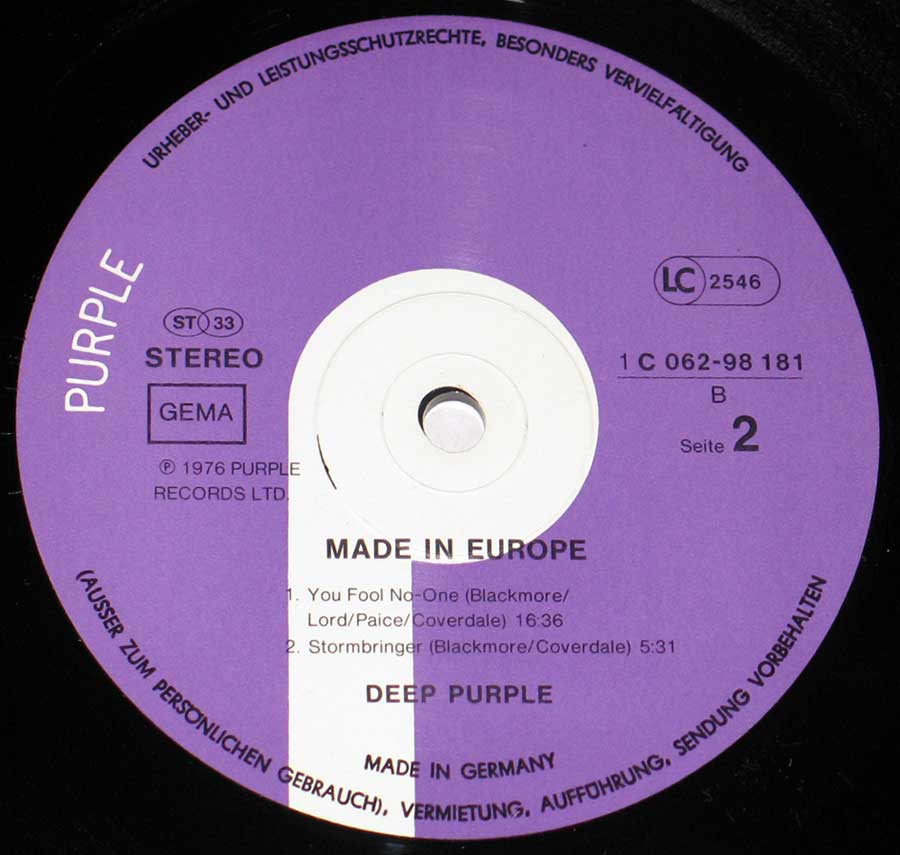

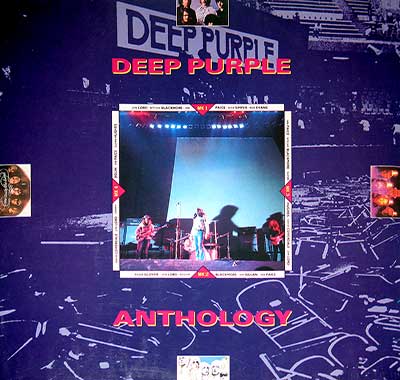
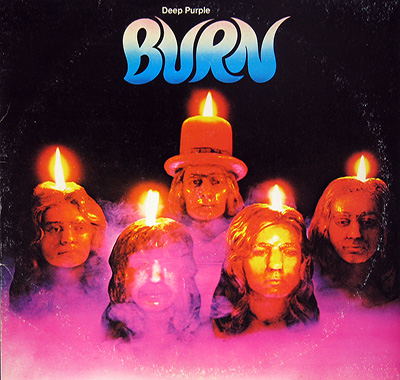
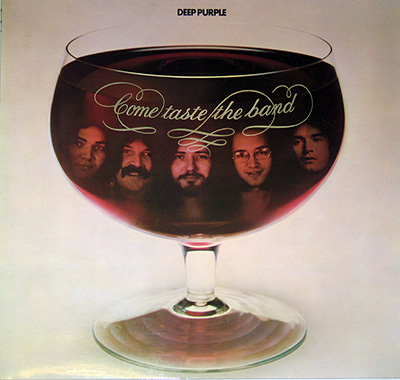
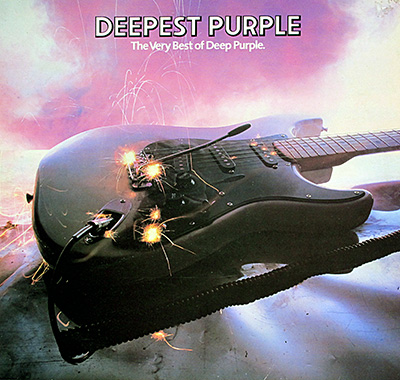
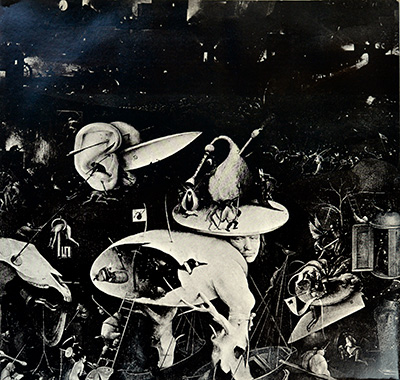
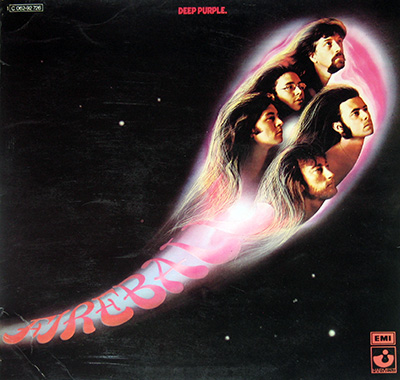
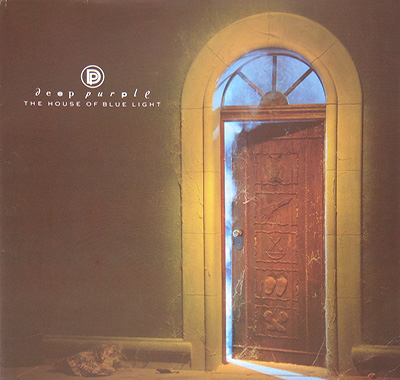
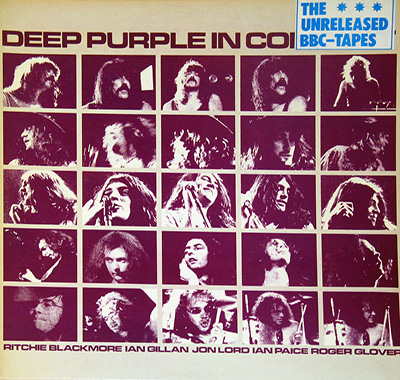
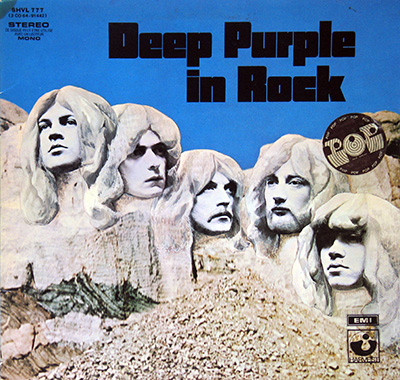
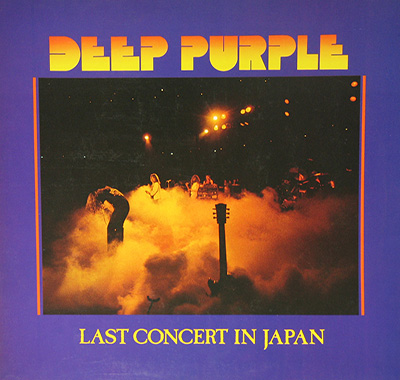
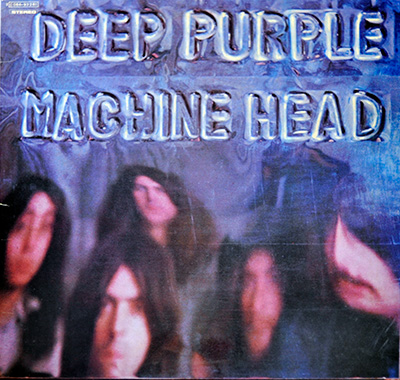
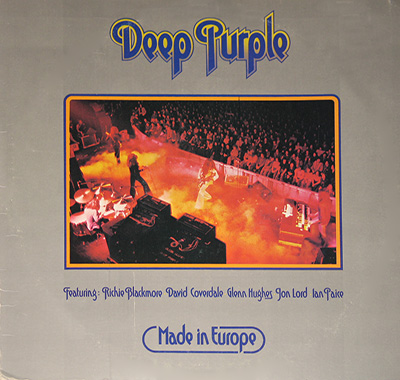
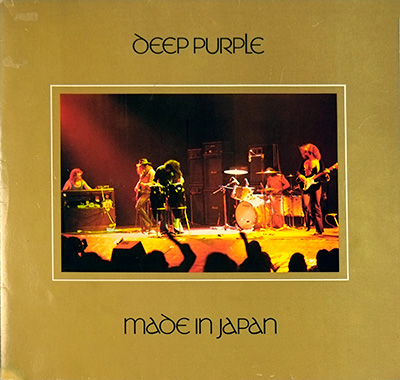
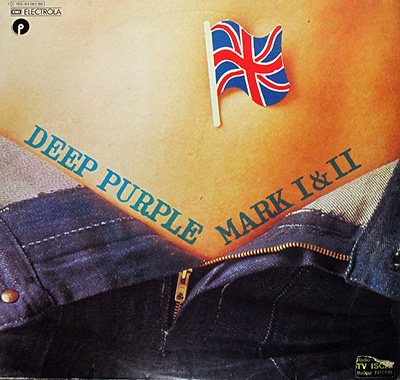
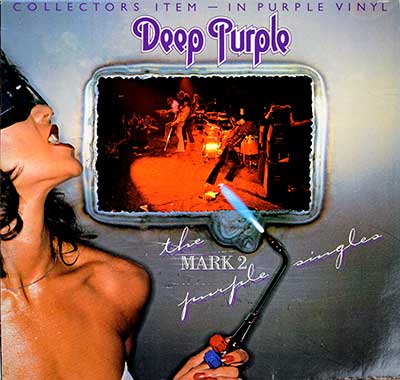
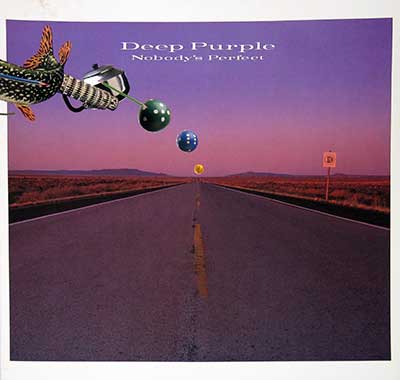
.jpg)
